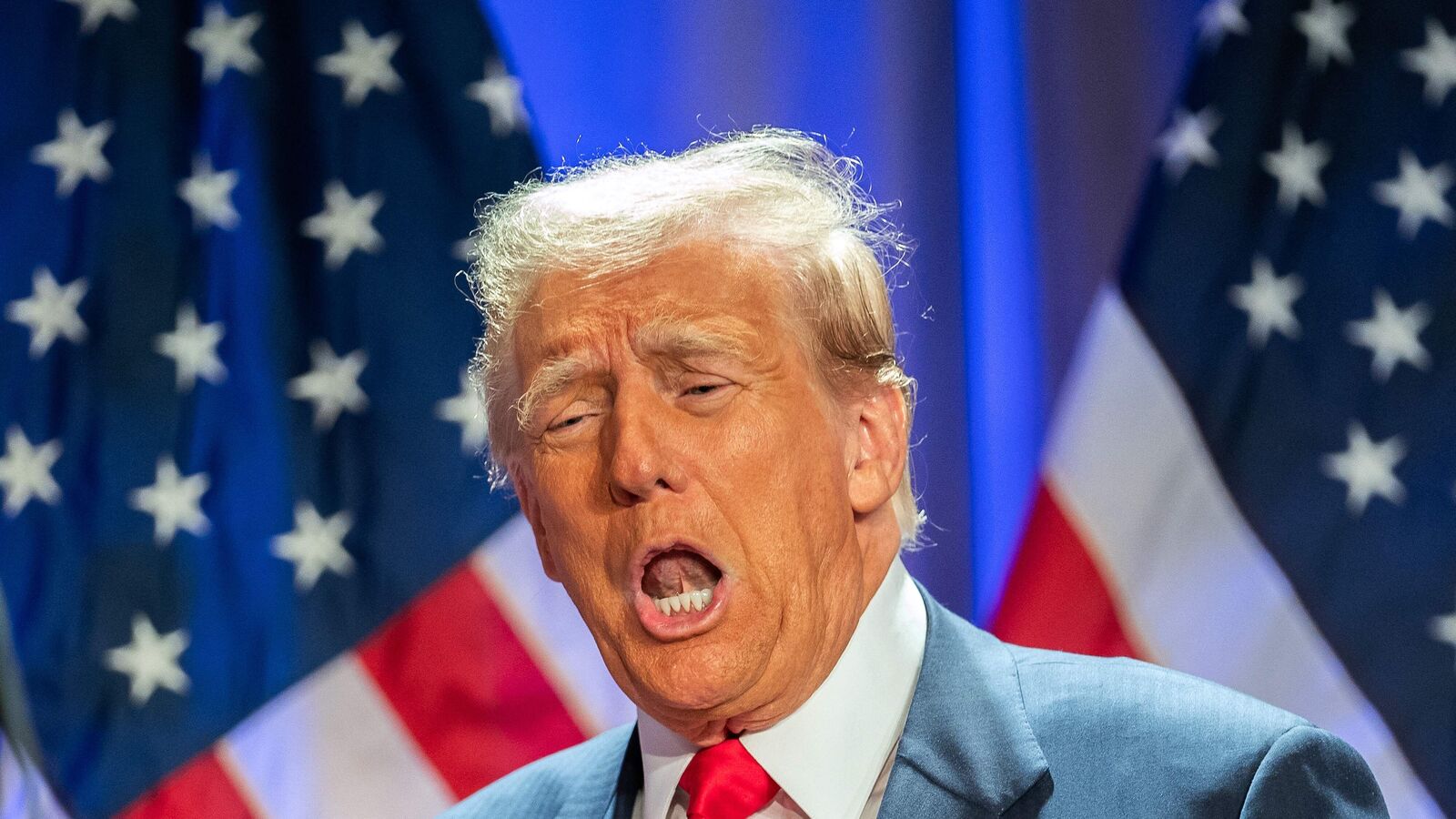Donald Trump’s victory marked a drastic shift in U.S. foreign policy, driven by his “America First” principles—non-interventionism, trade protectionism, and a focus on reshaping global relations. From his domestic economic reforms to his controversial stances on international issues, Trump’s approach continues to shape the political landscape.
Key alliances, particularly with figures like Indian Prime Minister Narendra Modi and Russian President Vladimir Putin, Israel’s Prime Minister Benjamin Netanyahu were central to his foreign policy agenda.
Trump and Modi: A Strategic Shift?
Under the Donald Trump administration, the US-India relationship entered a new phase in the first term. With both countries led by right-wing populists—Trump and Modi—there was a shared emphasis on economic nationalism and self-reliance.
India, under Modi’s leadership, embraced economic self-sufficiency while simultaneously deepening its ties with the US. This alignment played a significant role in shaping the Indo-Pacific strategy, especially in the context of security and defence collaboration.
The US and India, two of the world’s largest democracies, became strategic partners in defence, particularly through initiatives like the Basic Exchange and Cooperation Agreement (BECA). This enhanced military and intelligence cooperation significantly boosted their combined influence in the region, specifically against the backdrop of an increasingly assertive China.
Donald Trump’s Bold Claims on Russia and Ukraine
On the global stage, Donald Trump’s stance towards Russia and Ukraine has been a point of contention. Trump has often suggested that he could broker an immediate end to the war between Russia and Ukraine.
Trump’s strategy, according to reports, may involve urging Ukraine to negotiate peace while delaying its potential NATO membership—a proposal that some of his former national security advisers have discussed in-depth.
However, this approach has sparked criticism. Opponents argue that Trump’s tendency to appease Russian President Vladimir Putin could jeopardise European security.
The prospect of NATO’s future under Trump remains uncertain, with critics fearing that his scepticism could lead to the US withdrawing from the alliance.
Middle East: Trump’s ‘Friendship’ with Netanyahu, and Gaza Conflict
Donald Trump’s Middle East policies were characterised by bold actions that potentially altered the region’s dynamics.
Trump’s “maximum pressure” campaign against Iran, withdrawal from the nuclear deal, and controversial support for Israel’s interests were some of the most defining features of his first tenure at the White House.
In particular, Donald Trump’s recognition of Jerusalem as Israel’s capital and the ‘Abraham Accords’ that normalised ties between Israel and Arab states left the Palestinians isolated. As the Gaza war rages on, Trump’s position remains uncertain. His claim that the conflict would not have escalated under his watch—due to his tough stance on Iran—remains a central theme in his campaign rhetoric.
China Conundrum: Trade and Security
China remains a critical issue for Donald Trump’s foreign policy. During his first term, he labelled China a “strategic competitor” and imposed tariffs that ignited a trade war between the two nations.
Donald Trump administration, during the first term, took a hardline stance on China, with an emphasis on reducing trade imbalances and bringing manufacturing back to the US.
The Biden administration has largely continued these policies, maintaining tariffs and security alliances with countries like Taiwan.
Donald Trump’s approach to China, often described as “tough yet unpredictable,” has raised concerns about the future of US-China relations.
While Trump has expressed admiration for Chinese President Xi Jinping’s leadership, his policies indicate a continued strategic rivalry, particularly over Taiwan.
In his recent statements, Trump has hinted that if re-elected, he would not need to resort to military action to prevent a Chinese blockade of Taiwan, instead relying on economic pressure.
Trump on NATO and Global Security
Donald Trump’s controversial stance on NATO—where he has accused European allies of free-riding on US military commitments—has raised alarm bells in Europe.
While he has claimed that his criticisms are part of a broader negotiating strategy to push NATO members to meet defence spending targets, the potential for a US withdrawal from NATO remains a real concern.
The future of transatlantic security also depends on whether Donald Trump’s approach is a tactical manoeuvre or a fundamental shift in US foreign policy.
Donald Trump’s Economic Nationalism, Protectionism
Donald Trump’s “America First” policies reshaped the US economy, emphasising self-reliance and protectionism in 2017. His tax cuts, most notably the Tax Cuts and Jobs Act of 2017, aimed to stimulate domestic production and manufacturing.
These policies were accompanied by efforts to renegotiate trade agreements, such as the North American Free Trade Agreement (NAFTA), which was replaced by the United States-Mexico-Canada Agreement (USMCA).
However, these policies also sparked international tension, especially in trade relations with China.
The tariffs imposed on Chinese goods led to retaliatory measures, exacerbating global trade disputes.
Trump’s ‘maximum pressure’ campaign against Iran and support for Israel may lead to a new Middle Eastern dynamic.
Trump’s focus on securing American jobs and reducing trade deficits remains a central tenet of his policy approach, and it will continue to define his economic strategy.
World Awaits A Geopolitical Shift Under Donald Trump?
Donald Trump’s return to the White House signals a dramatic shift in global politics, particularly in US foreign policy. From his approach towards China and Russia to his handling of NATO and the Middle East, Trump’s “America First” policies will potentially shape debates on global security and economic stability.
Catch all the Business News, Politics news,Breaking NewsEvents andLatest News Updates on Live Mint. Download TheMint News App to get Daily Market Updates.
MoreLess
#Trumps #America #Policy #Potential #geopolitical #shifts #Middle #East #implications #Modi #China #Putin #NATO



